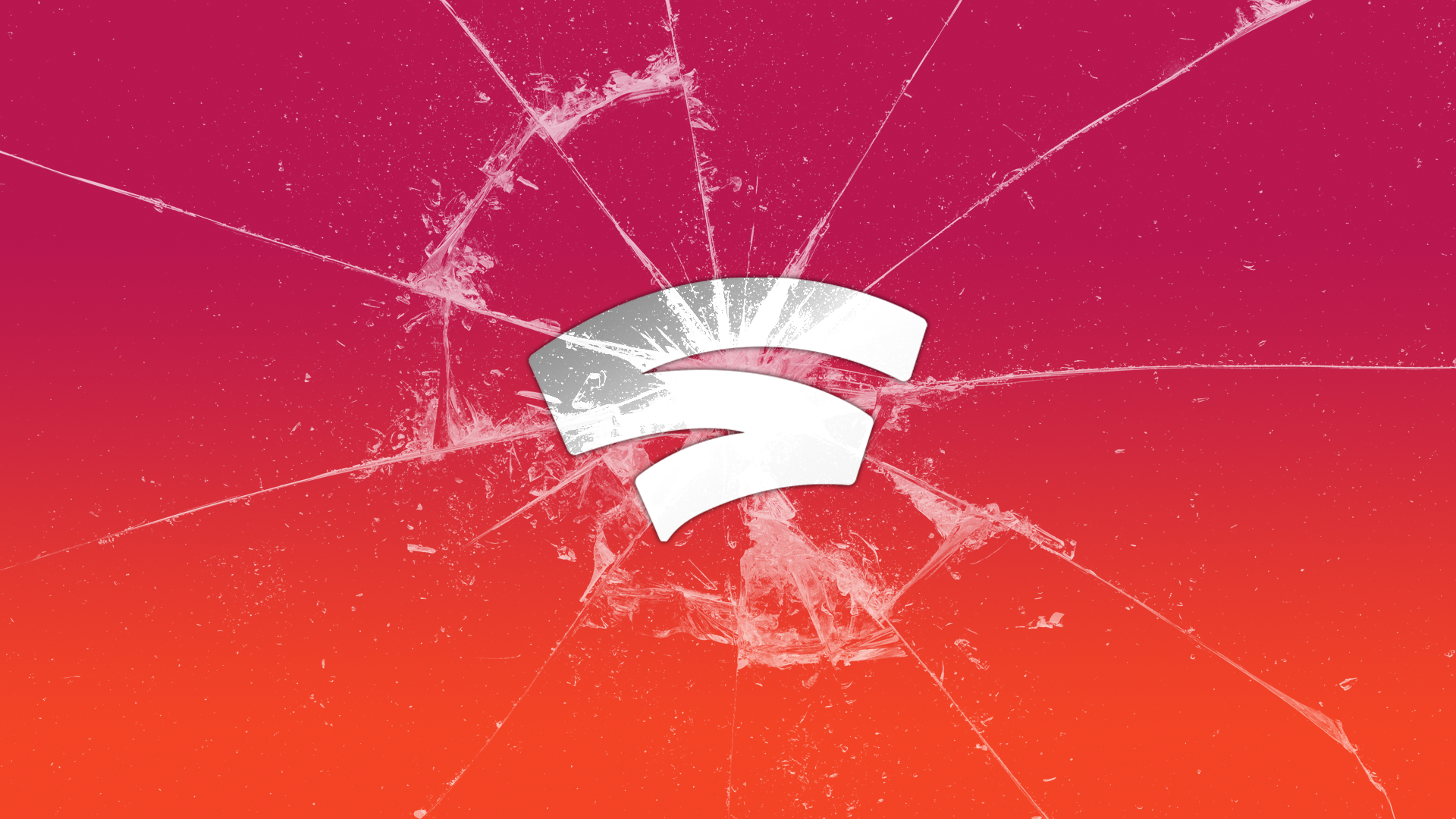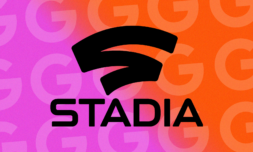14 months after Stadia’s high-profile launch, Google is closing the company’s internal game development studio. Its once exclusive Cloud technology is now open to potential suitors.
It’s taken Google 14 months to realise it doesn’t want to be a game making company anymore.
Grandiose ambitions first revealed at the Game Developers Conference 2019 have never come close to fruition for Google’s Stadia. It originally teased its own Cloud-based console, a controller, and the promise of homegrown triple-A games on a huge scale, but a lukewarm reception and dwindling user base has seen it struggle to compete with industry leaders.
Execs have now finally conceded to biting off more than they could chew with all those initial promises, announcing that Google will no longer be making first-party titles and will instead prioritise solely on the platform’s streaming capabilities.
Google is keen to lend its expertise to any potential suitors in exchange for a slice of their profits moving forward, and we’re likely to see its technology implemented into more popular platforms like PlayStation or Xbox in the future.
It's a damn shame we'll never see the "only possible in the cloud" game concepts that might've made Stadia exciting to people who already own/planned to buy game consoles and PCs. https://t.co/urmgKJVE9f
— Dan Stapleton (@DanStapleton) February 1, 2021
If you’re not familiar with what Stadia actually is, you’re definitely not alone. Google created what it hoped would become the Netflix lookalike of gaming platforms. Through the magic of the Cloud – and minimal hardware – Google stated it would open up an endless catalogue of games to be played across any device with a decent internet connection.
To put it frankly, most of that never materialised. With poor sales and tepid buzz months into its launch, the platform was beset by technical glitches, a lack of content, and ridiculous prices. Those who had forked out for the blurb were left with what seemed like a beta or early access project.
Honestly, it’s a wonder Stadia persisted with its internal studio for so long, but finally Google is willing to fully open its streaming technology to third-party partners and ditch the idea of being an alternative to the big players.




















